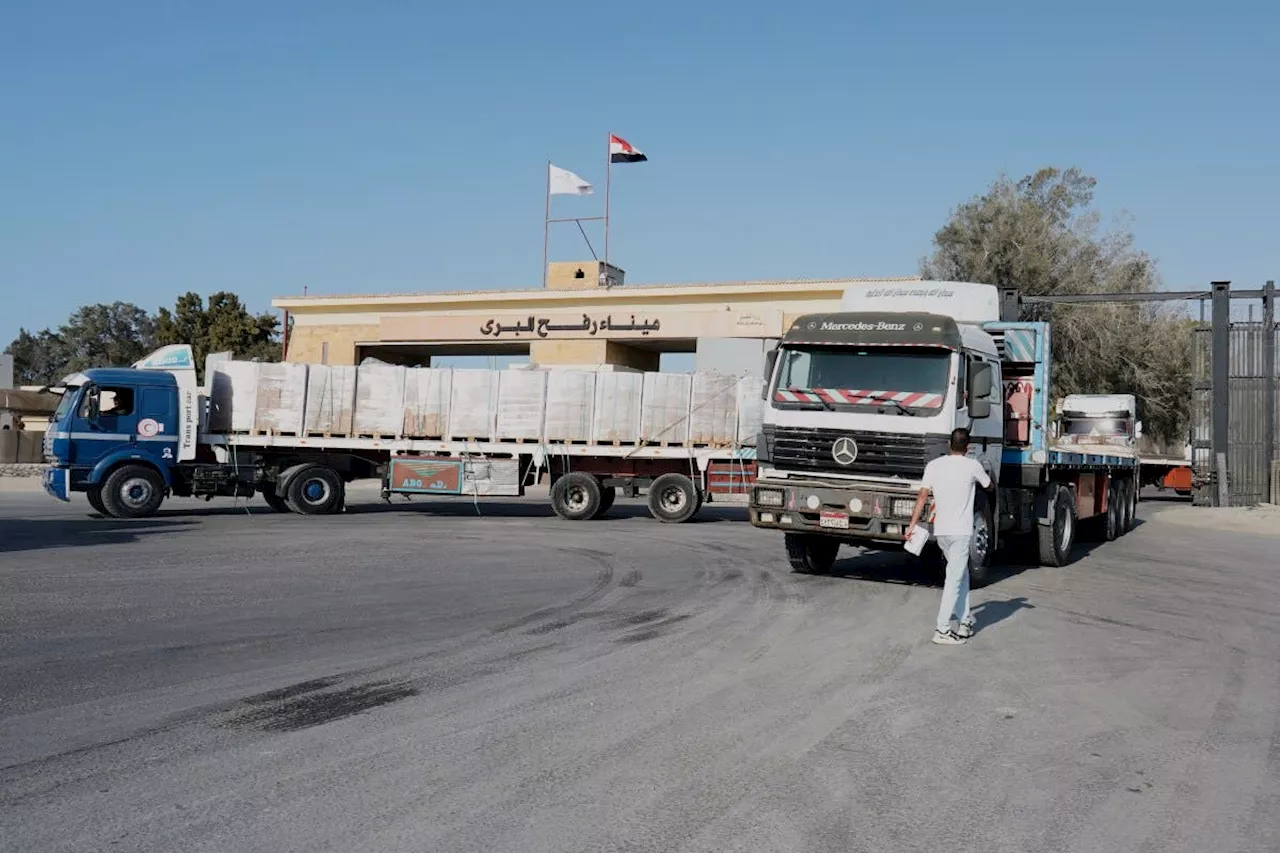Politics
Israel Conducts Airstrikes on Hamas After Ceasefire Breach

Israel has launched airstrikes against Hamas targets following the group’s violation of a recently established ceasefire. The Israel Defense Forces (IDF) confirmed they struck “dozens” of Hamas sites, including weapons facilities and extensive tunnel networks. This military action comes in direct response to what Israeli officials described as a “blatant violation” of the ceasefire agreement.
The escalation began after Hamas reportedly fired at Israeli troops in Rafah, using an anti-tank missile. This incident occurred less than ten days after the ceasefire took effect, which was part of ongoing negotiations aimed at reducing hostilities in the region. Following the attacks, the IDF announced a halt to humanitarian aid entering Gaza and closed the Rafah border crossing until further notice.
Military Response and Future Actions
In a statement, the IDF emphasized that they would continue to enforce the ceasefire terms as directed by political leaders. “In accordance with the directive of the political echelon, and following a series of significant strikes in response to Hamas’ violations, the IDF has begun the renewed enforcement of the ceasefire,” the statement read. Yet, officials did not exclude the possibility of further military action if Hamas persists in breaching the ceasefire, pledging to “respond firmly to any violation of it.”
Prime Minister Benjamin Netanyahu has characterized the situation as necessitating “strong action” against Hamas due to the group’s failure to comply with the ceasefire conditions. The Israeli government had set expectations for the return of all deceased hostages, comprising 28 individuals, which has not yet been fulfilled.
Humanitarian Implications
The closure of the Rafah border crossing has significant humanitarian implications for the people of Gaza. The crossing, which connects Gaza to Egypt, was envisioned as a conduit for essential supplies under the truce agreement. With the recent military actions, the flow of humanitarian aid has been disrupted, causing concern among aid organizations about the worsening conditions in the area.
The latest developments highlight the fragile nature of the ceasefire and the ongoing volatility in the region. As tensions rise, both sides face pressure to either de-escalate the situation or prepare for further confrontations. The international community continues to monitor the situation closely, as the potential for renewed violence looms.
In summary, Israel’s response to Hamas’ ceasefire violation underscores the complexities of the ongoing conflict. With military actions taken and humanitarian aid halted, the future of peace negotiations remains uncertain.
-

 Science2 months ago
Science2 months agoInventor Achieves Breakthrough with 2 Billion FPS Laser Video
-

 Health2 months ago
Health2 months agoCommunity Unites for 7th Annual Into the Light Walk for Mental Health
-

 Top Stories2 months ago
Top Stories2 months agoCharlie Sheen’s New Romance: ‘Glowing’ with Younger Partner
-

 Entertainment2 months ago
Entertainment2 months agoDua Lipa Aces GCSE Spanish, Sparks Super Bowl Buzz with Fans
-

 Health2 months ago
Health2 months agoCurium Group, PeptiDream, and PDRadiopharma Launch Key Cancer Trial
-

 Top Stories2 months ago
Top Stories2 months agoFormer Mozilla CMO Launches AI-Driven Cannabis Cocktail Brand Fast
-

 Entertainment2 months ago
Entertainment2 months agoMother Fights to Reunite with Children After Kidnapping in New Drama
-

 World2 months ago
World2 months agoIsrael Reopens Rafah Crossing After Hostage Remains Returned
-

 Business2 months ago
Business2 months agoTyler Technologies Set to Reveal Q3 Earnings on October 22
-

 World2 months ago
World2 months agoR&B Icon D’Angelo Dies at 51, Leaving Lasting Legacy
-

 Health2 months ago
Health2 months agoNorth Carolina’s Biotech Boom: Billions in New Investments
-

 Health2 months ago
Health2 months agoYouTube Launches New Mental Health Tools for Teen Users









